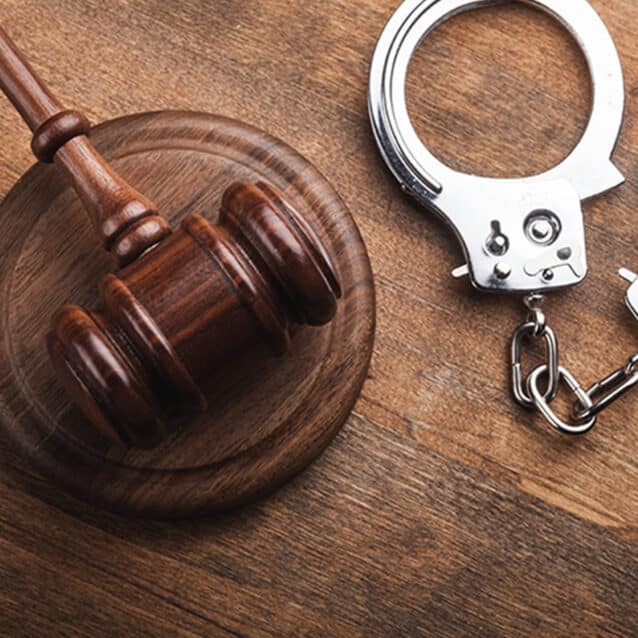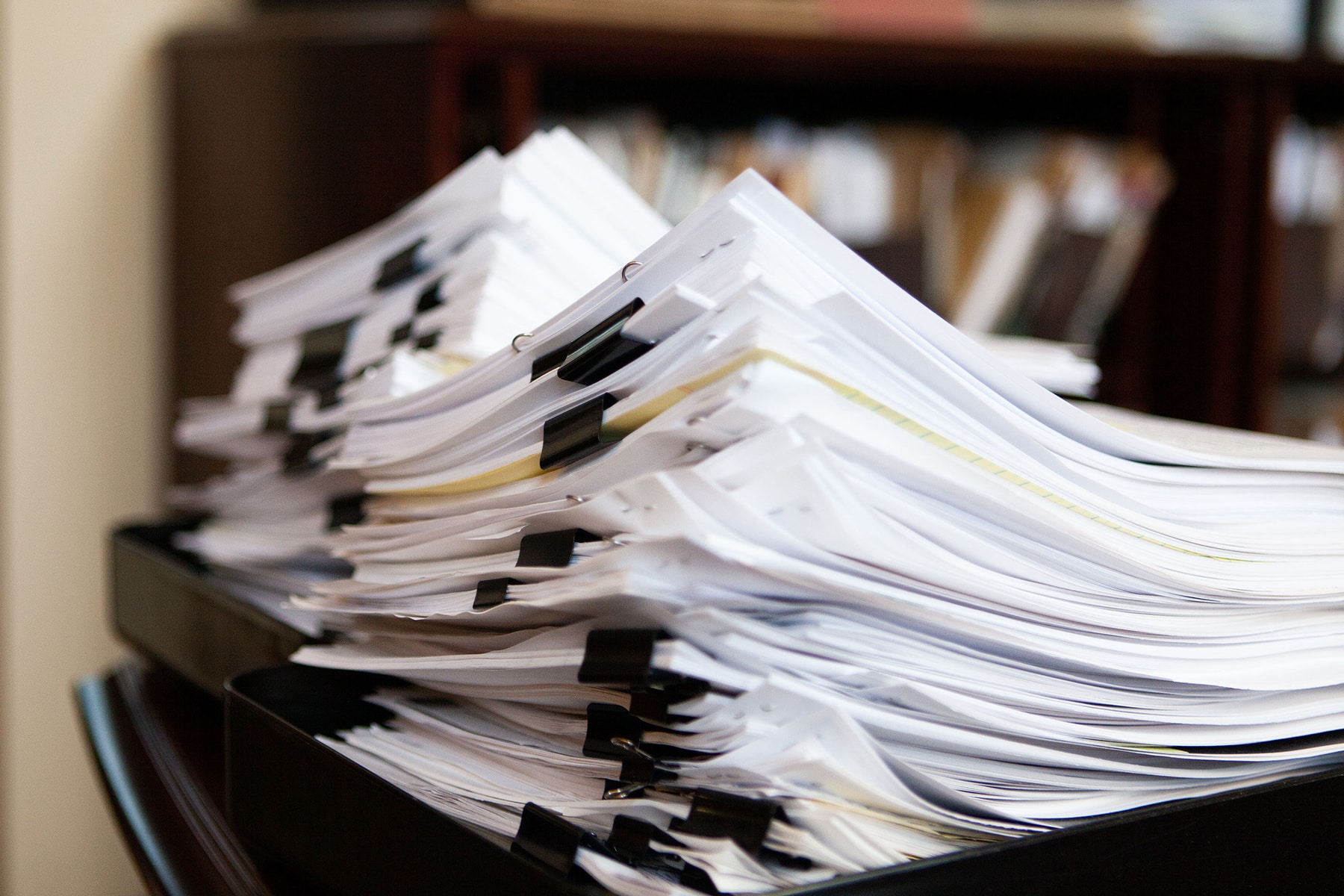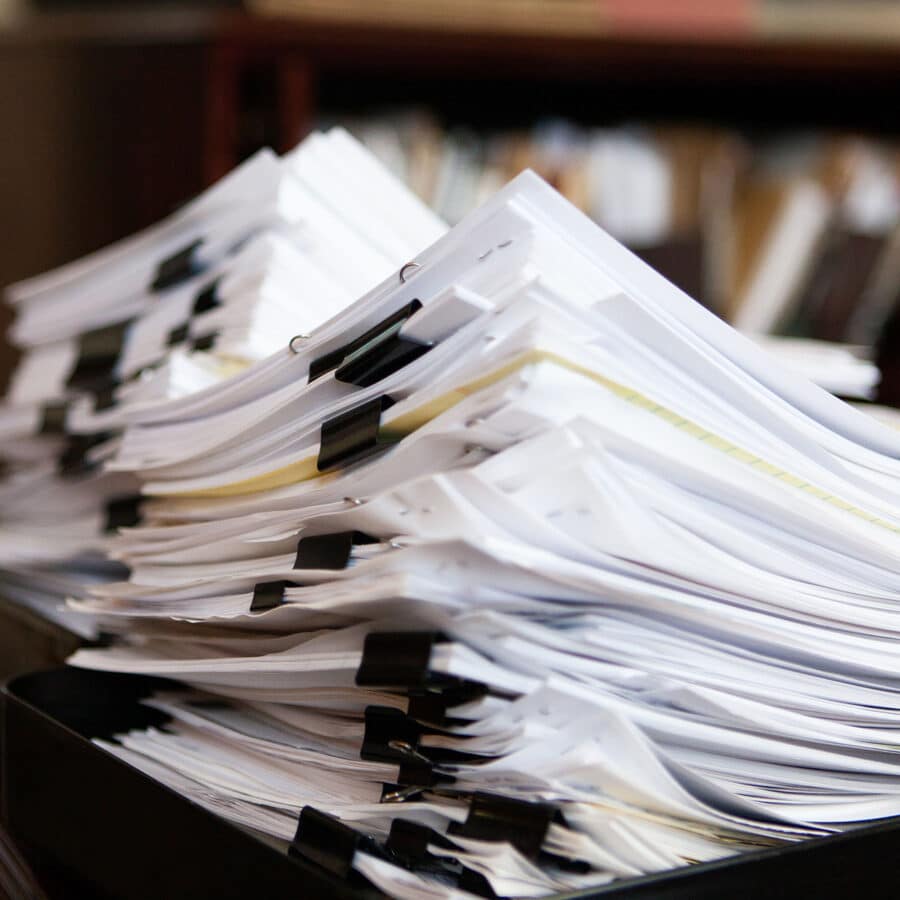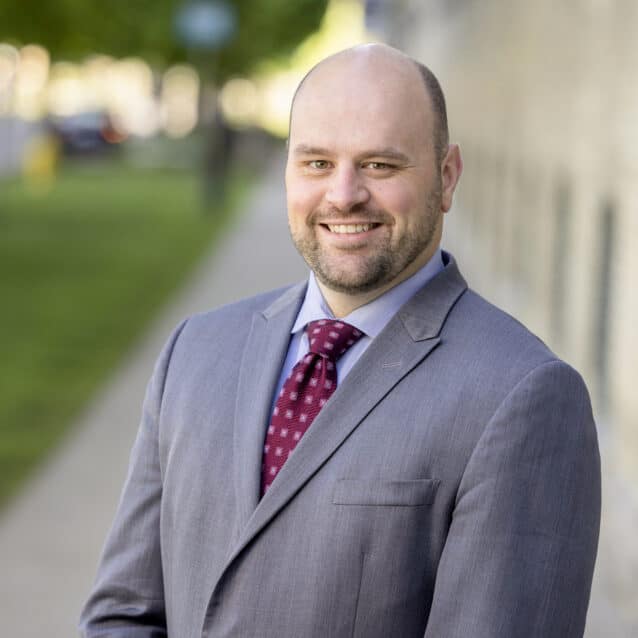
Criminal Law
We’ll bring the experience, we’ll bring the strategies, and when the time comes, we’ll bring the fight.
At Mika Meyers, we provide powerful and effective representation to clients who find themselves embroiled in the criminal justice system. We have some of the most experienced criminal lawyers in Michigan who regularly appear in state and federal trial and appellate courts throughout the state. Whether our client is charged with DUI, felony assault, or a white-collar crime, we approach the case with a high degree of skill and determination.
Our criminal defense attorneys are prepared to handle a wide variety of cases, including those involving state or federal charges:
- Drunk driving (OWI/OVI) and other drinking-related offenses
- Traffic offenses involving passenger and commercial vehicles
- Driver’s License restoration
- Assault and battery and other violent crimes
- Criminal sexual conduct and related offenses
- Home invasion, retail fraud (shoplifting), larceny, and other fraud-related offenses
- White-collar crime, including embezzlement, false pretenses, forgery violations, and credit-card fraud
- Juvenile offenses, including zero-tolerance and minor-in-possession
- Drug-related offenses
- Firearms and dangerous weapon-related offenses
Being accused of a crime can be a truly scary experience, and the consequences can be life-altering. Mika Meyers specializes in criminal defense, and our Grand Rapids, Michigan criminal lawyers are here to represent you when you are charged with a crime.
We understand the legal system, and our experienced lawyers are committed to helping you navigate the complexities of your case. Choosing the right law firm can be overwhelming, but our team is dedicated to providing personalized legal representation and making a difference in your case.
If you find yourself in need of a Grand Rapids criminal attorney fill out our contact form or call us at (616) 632-8000.
Share:


We Can Help
Meet the capable attorneys who specialize in this practice area.







